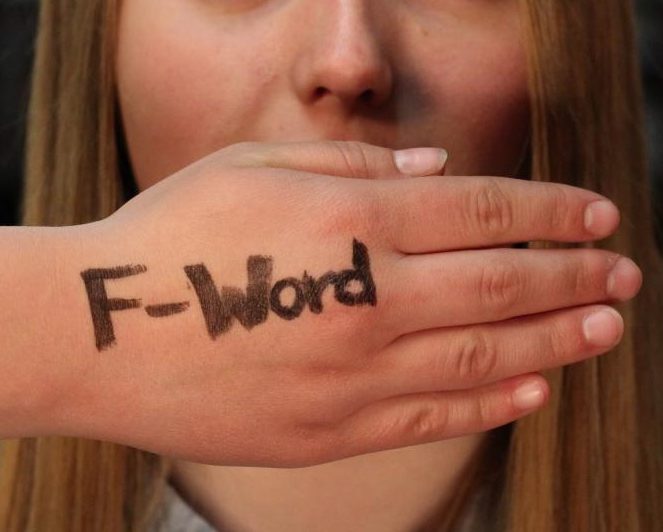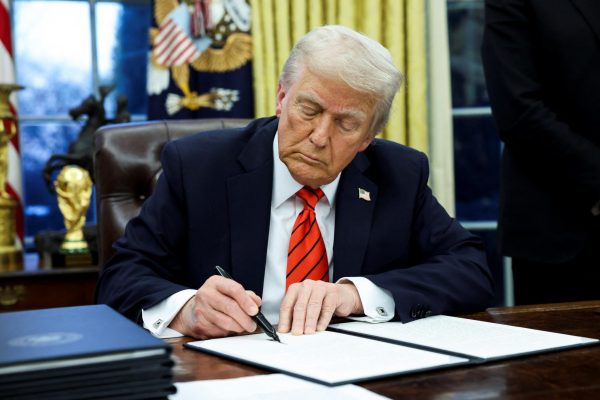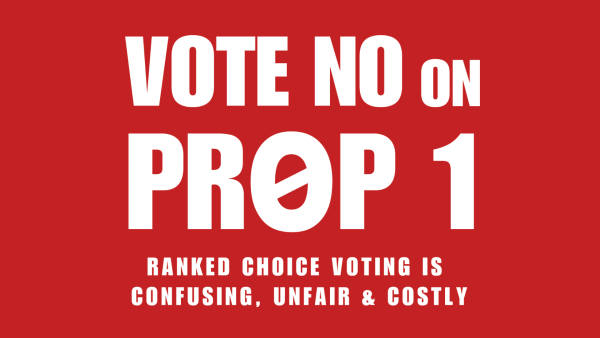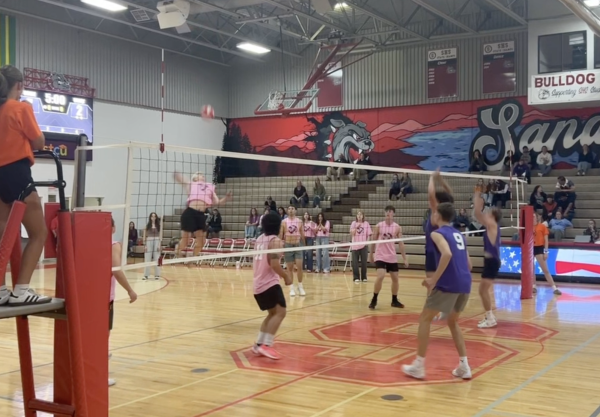WHAT THE F?
Should swearing in school be monitored by teachers and administration?
Whether you are walking through the halls, sitting at lunch, or working in class, you will most likely hear the f word used at least once. In fact, In a poll run on shscedarpost.com and the Cedar Post Twitter, 47.8% of the 121 polled responded that they use the f word 16 or more times per day. Does this show that the f word has lost its negative connotations in the minds of students?
Perhaps to some students swearing in school ceases to be offensive, but to others the words still can carry negative meanings, which raises the question of whether or not swearing in school should be monitored by teachers and administration.
According to current school policy, teachers are supposed to write students up for swearing in class, and students can potentially receive lunch detention from it.
“I think it’s appropriate for a school to teach kids when things are appropriate and when things aren’t,” Search said.
Hawkins similarly believes that a student’s behavior must match the environment, and that cursing is unnecessary in the learning environment.
“My goal is to ensure that all students feel safe and comfortable, and I think when we start endorsing language that is offensive to some, we lose that positive environment in our classrooms,” Hawkins said.
Students have varying opinions on the issue, just as they have different reactions to the word itself. For instance, junior Sam Jackson recognizes that “bad words” are a natural part of some people’s vocabulary and does not believe that they should be punished for small infractions of bad language but believes that swearing in the school does need to be regulated to some extent.
“The language from the hallway doesn’t necessarily change when people go into the classroom…I think some regulation is required if it’s excessive,” Jackson said.
On the other hand, sophomore April Sheldon-Huffey believes that regulation of swearing in the classroom is necessary in order to prepare a student for life after high school.
“It’s training you for a professional environment, thus you should really use professional language,” Sheldon-Huffey said.
Even monitoring swearing in a classroom can be difficult since a teacher cannot hear every word said by every student, and this is even more true when applied to the cafeteria conversations during the lunch period.
“I think that even if they tried it wouldn’t work as well considering how many people [there are],” Sheldon Huffey said.
Jackson believes that students’ language does not need to be regulated in the lunchroom, as students can recognize the feelings of their friends’ towards their language without school intervention.
“In the hallways, in the cafeteria, in social places, [students] are more aware of the people they are around,” Jackson said.

Hannah Fingel is a Senior and is News Editor for the Cedar Post. This her first year on staff.

Lauren Sfeir is a Senior and is Photo Editor for the Cedar Post. This is her second year on staff.










